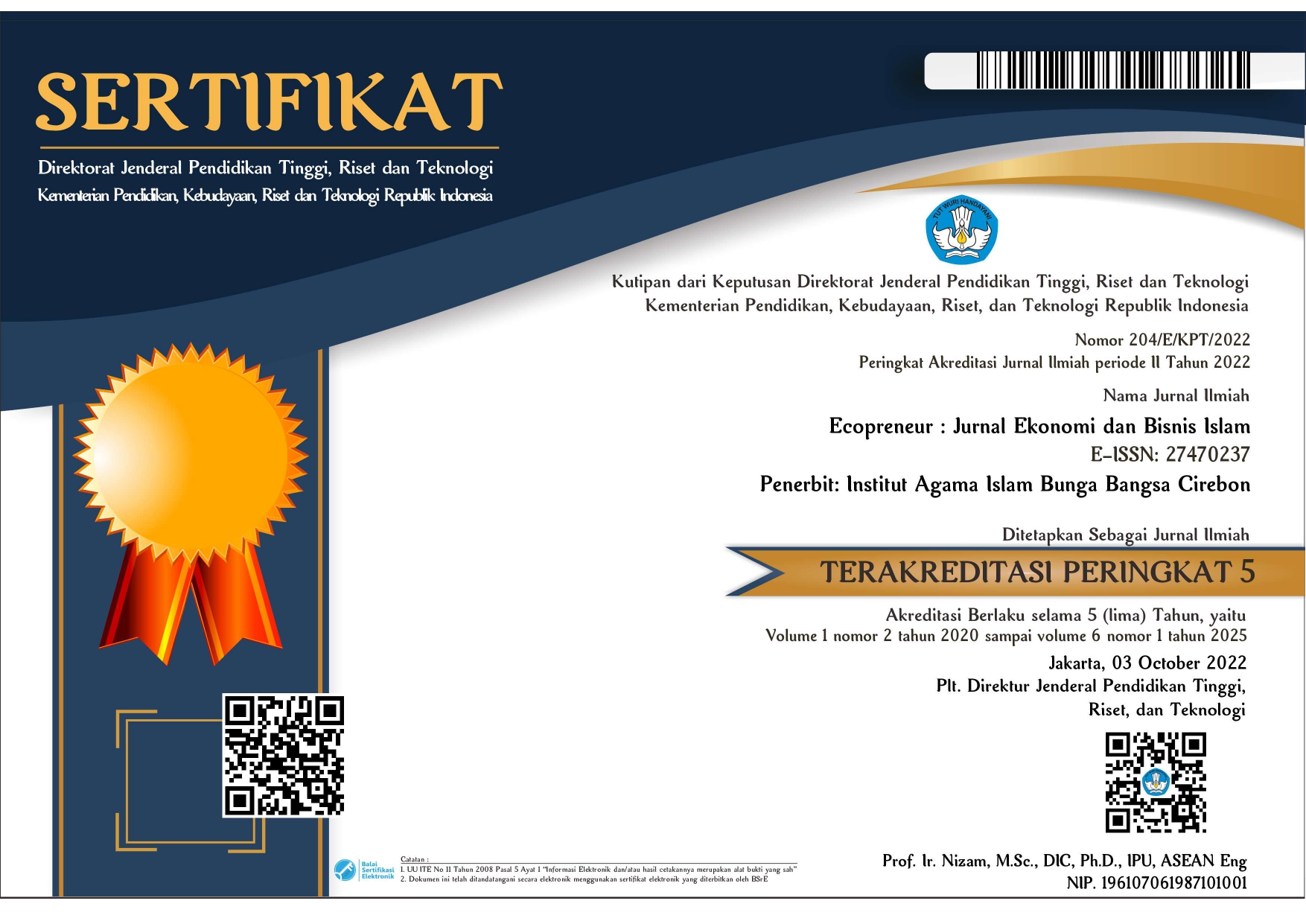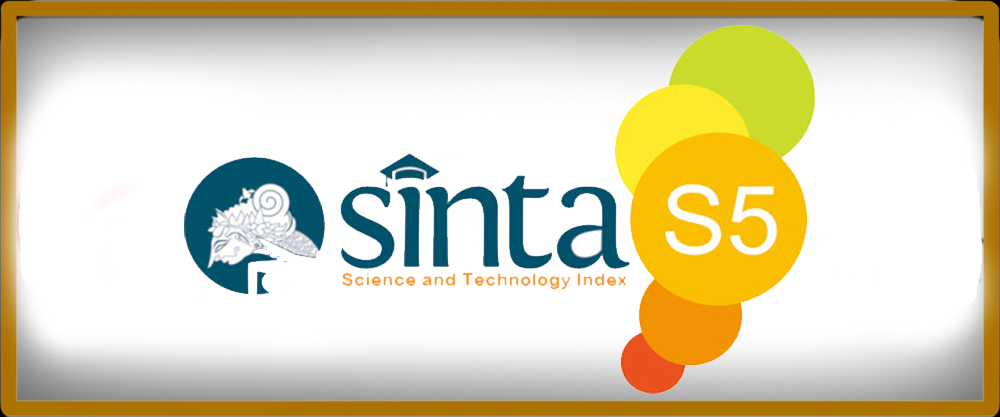Money in the Islamic Economy
Abstract
The means of exchange or measuring the value in this world are sprayed with money. The capitalist and socialist economic systems consider money as a commodity that is bought and sold and can bring profit. The purpose of this study is to review the true function of money in the Islamic economy. The Islamic world has known money by using dinars (gold currency) and dirhams (silver currency). Today the use of transactions using money (buying and selling currency) in Islam is called as-sharf (currency exchange) where money is exchanged based on the exchange rate. The value of money is considered valid by sharia when it is based on the effective and efficient value of time, not on the money itself. This research uses qualitative methods with library research. Data sources are taken from various books, journals, newspapers and other sources. Data analysis is used by presenting sources both Quran, hadith and opinions of scientists who then draw a conclusion. The results of the study show that money has several functions, namely; price meter and unit of calculation, medium of exchange / As-sharf , storage medium of value and standard of delayed payment. (Economic Value of Time).












